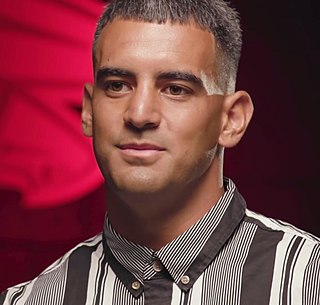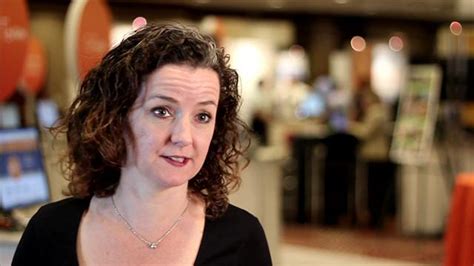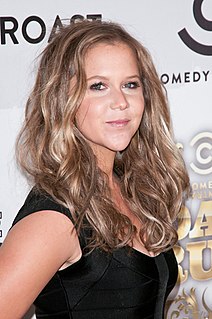A Quote by Romola Garai
When you're on stage, you build strong relationships with the actors, but it's a story you tell with the audience - you have to include them, you have to respond to them, they have to understand the narrative.
Related Quotes
As you develop relationships in your team you have to learn how your teammates react to being yelled at or how to put your arm around them and show them how to do things. You have to build those relationships up and understand who that person is and how they respond and choose your way to lead them to hopefully help everyone out.
When you tell a story, there are imperatives of structure, of style, of pacing and all of this, that are there simply because you want to make it a good story. When do you introduce your characters? When do you put them onstage, when do you take them off the stage? How do you weave the different threads of the narrative together?
You see, what is my purpose of performance artist is to stage certain difficulties and stage the fear the primordial fear of pain, of dying, all of which we have in our lives, and then stage them in front of audience and go through them and tell the audience, 'I'm your mirror; if I can do this in my life, you can do it in yours.'
You see, what is my purpose of performance artist is to stage certain difficulties and stage the fear the primordial fear of pain, of dying, all of which we have in our lives, and then stage them in front of audience and go through them and tell the audience, I'm your mirror; if I can do this in my life, you can do it in yours.
Relationships matter above all, and that you build relationships by making yourself useful, not annoying. The PR practitioner should focus on providing helpful service to the journalist whenever possible. Help them source good story ideas, provide sources with intelligent contributions to make, thank them for their time and attention.
You can throw away the privilege of acting, but that would be such a shame. The tribe has elected you to tell its story. You are the shaman/healer, that's what the storyteller is, and I think it's important for actors to appreciate that. Too often actors think it's all about them, when in reality it's all about the audience being able to recognize themselves in you. The more you pull away from the public, the less power you have on screen.



































